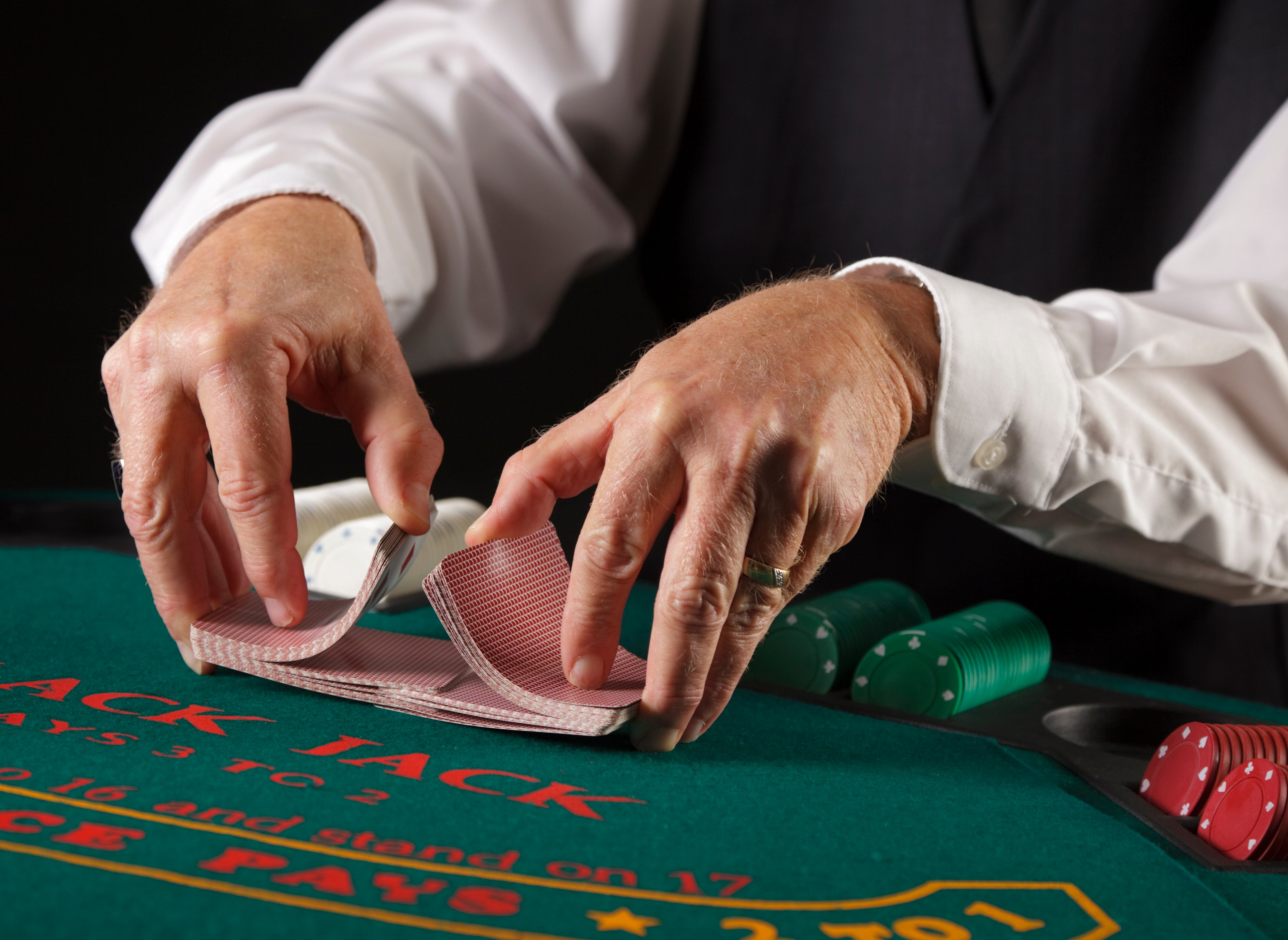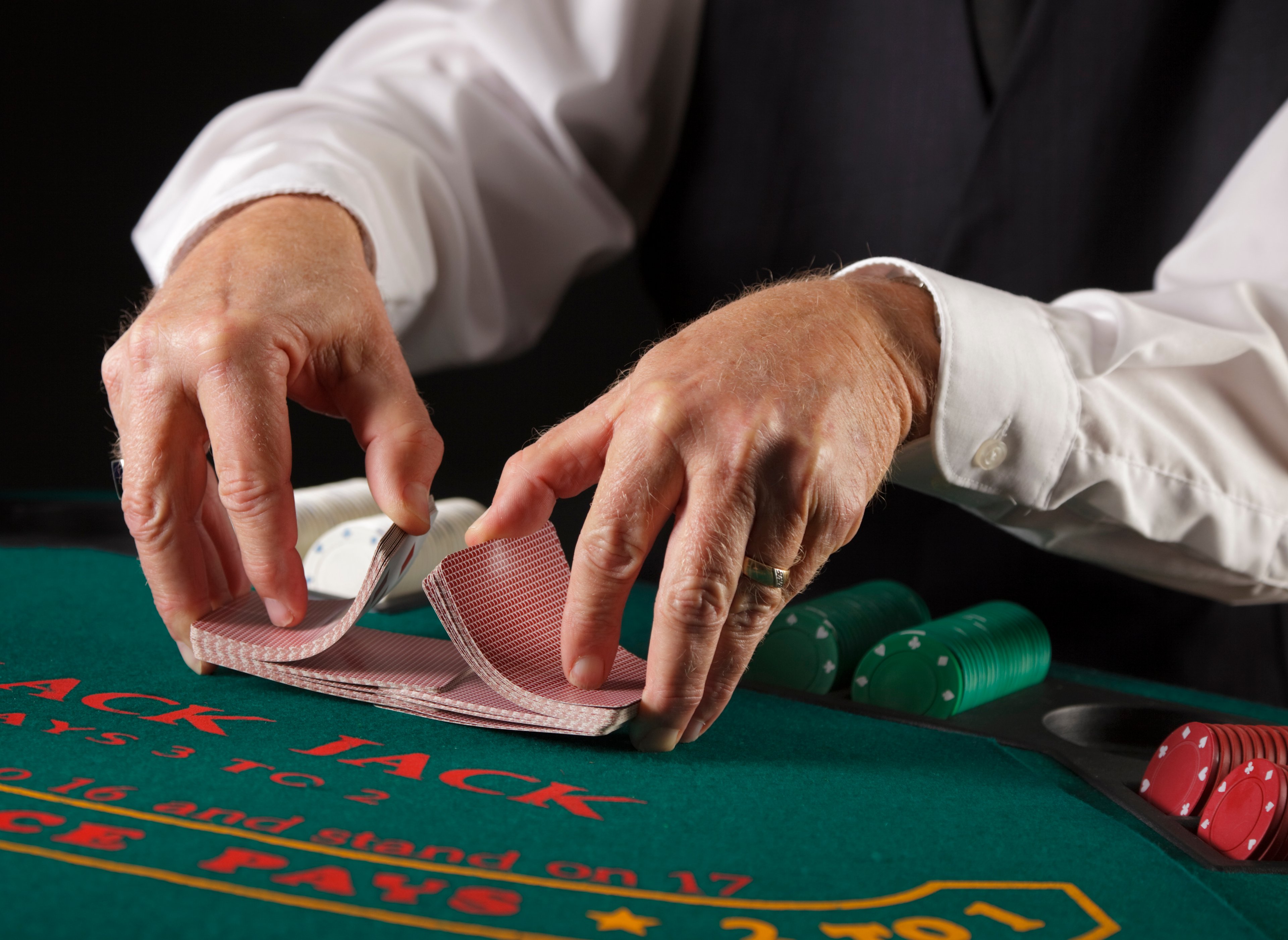Sands Bethlehem was always an odd resort in Las Vegas Sands' (LVS +1.16%) portfolio. The property isn't in a major city center and isn't in one of the biggest gaming markets in the world, which is where the company normally operates. So, when the opportunity to sell the Pennsylvania property for $1.3 billion came up, it's no surprise management jumped on it.
The sale to the Poarch Band of Creek Indians of Alabama is now complete, and Las Vegas Sands is even more flush with cash than it was before. Here's where the money might be going.

Image source: Getty Images.
The rich get richer
You can see in the chart below that Las Vegas Sands doesn't really have a debt problem. Its debt-to-EBITDA ratio is well below 2.0, which is very healthy for a gaming company, and it has capacity to add debt if it expands into new markets. But short term, it would make sense for the funds from Sands Bethlehem's sale to stay on the balance sheet before being paid out to investors as a dividend.
LVS EBITDA (TTM) data by YCharts
Where Las Vegas Sands is investing next
Indirectly, some of the cash will be used to expand in Macau and Singapore. Sands Cotai Central in Macau is getting a $1.1 billion face-lift that will add a London-themed resort.
In Singapore, a $3.3 billion expansion of Marina Bay Sands is already underway. The new hotel tower will be an attraction for guests, but the big win was keeping exclusivity in the gaming market with other operators clamoring to enter.
Outside of these two projects, which could easily be funded with cash generated in each market, Las Vegas Sands doesn't really need an extra $1.3 billion for investing in gaming projects.
The dream
Long term, the hope is that Las Vegas Sands will win one of the gaming licenses in Japan, which could lead to the costliest resort ever built -- as much as $12 billion. Early proposals have been presented to cities in Japan, but no concessions have been granted, and no one knows quite when construction will get underway.
Japan is a bit of a conundrum for gaming operators because they have to keep enough powder dry to be able to afford to build there. But keeping cash on the balance sheet isn't a great use of capital in a low-interest-rate environment, so companies like Las Vegas Sands would rather increase dividends or buy back stock if they aren't going to win a bid in Japan. But ultimately, if Japan can be as profitable an investment as Singapore was for Las Vegas Sands, it'll be worth any financial sacrifice.
Narrowing the focus
Selling Sands Bethlehem isn't just about the cash being generated, it's about focusing Las Vegas Sands' business on the markets where it has differentiation. It's investing in Singapore and Macau and wasn't likely to expand in Pennsylvania anytime soon. That makes it a good time to get out of the regional gaming market, especially when the price tag hits $1.3 billion.







